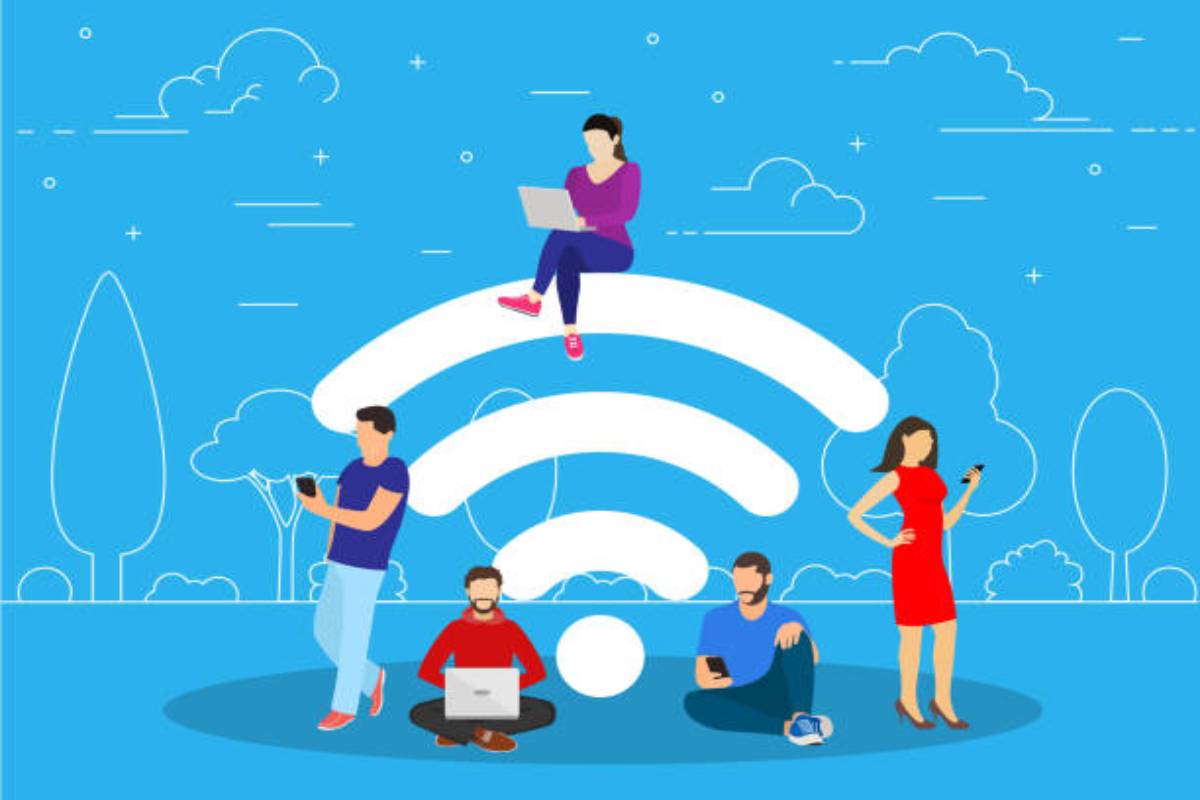84,119 children rescued under Operation Nanhe Farishtey in last 7 years: Railways
'Nanhe Faristey' is more than just an operation; it is the lifeline for thousands of children who find themselves in precarious situations.
The study, published in the International Journal of Health Sciences and Research, analysed 500 adolescents (250 from government schools and 250 from private schools) from Delhi.

Representational Photo
Mobile phones have become an integral part of our lives, and we can’t ignore their importance. However, this widespread use comes at a cost, especially in school going children as the addiction has caused physical, mental and social harms, revealed a study.
The study, published in the International Journal of Health Sciences and Research, analysed 500 adolescents (250 from government schools and 250 from private schools) from Delhi.
Researchers from the national capital’s Kalawati Saran Children Hospital found that there was a difference of physical hazards related to mobile phone addiction among adolescents between government and private school.
Advertisement
While no difference was found between males and females, a difference was found of psychological hazards related to mobile phone addiction among adolescents between government and private school.
Besides easy accessibility and availability of cheaper phones, multiple players, the health experts noted that the advent of Covid pandemic spiked the use of mobile phones among adolescents and children.
“Many children are no longer talking to each other, leading to a lack of social interaction. Studies suggest that this is more pronounced in private schools, likely due to increased online studying and access to global events. Additionally, prolonged use of phones can lead to physical issues, such as strain on the neck and eyes, for both children and adults,” Dr. Poonam Sidana, Director – Neonatology & Paediatrics at the CK Birla Hospital, Delhi, told IANS.
Prolonged use of mobile phones can also lead to physical health issues such as back pain, disrupted sleep patterns, and a sedentary lifestyle, which can further lead to obesity, diabetes, hypertension and cancers.
There are also psychological issues, especially among younger generations, who are missing out on social interactions and outdoor play.
Anxiety, depression, low self-esteem, and social isolation have also been linked with mobile phone addiction.
“Adolescents are highly susceptible to peer pressure, and the use of mobile phones, including social media apps, is often driven by peer influence. The desire to fit in or fear of missing out (FOMO) can lead to excessive use and addiction,” Dr Rahul Nagpal, Principal Director – Paediatrics & Neonatology at Fortis Hospital Vasant Kunj, told IANS.
Various studies have proved that excessive use of mobile phones can interfere with adolescents’ academic performance by reducing study time, concentration, and productivity.
Adolescents who spend significant time on social media are vulnerable to cyber-bullying, online harassment, and interactions with online predators.
Social media platforms provide avenues for constant connection and validation. Adolescents may spend excessive amounts of time on social media, leading to addiction and neglect of real-life interactions.
“Adolescents may use mobile phones as a coping mechanism for stress, anxiety, loneliness, or depression. The instant gratification provided by mobile phones through games, social media, or internet browsing can become addictive, serving as a temporary escape from real-world problems,” the doctor said.
The experts called for increasingly educating parents on the harms of mobile phone use, as well as make them aware of controls that can be exercised.
Dr. Poonam said parents need education on monitoring their children’s online activities, and digital literacy should be integrated into the curriculum to teach children how to use technology safely while maintaining social interactions.
“For families where parents may not have the time or understanding to provide this education, schools and authorities should take on the responsibility of teaching children how to protect themselves from the harmful effects of excessive screen time,” she noted.
“The level of parental supervision and guidance regarding mobile phone usage can significantly impact adolescents’ behaviour. Lack of parental oversight may contribute to excessive and unsupervised use of mobile phones, increasing the risk of addiction,” Dr Rahul told IANS.
Advertisement